In the next Colloquium, June the 27th at 3 PM, two papers will be presented:
When owl:sameAs isn’t the Same: An Analysis of Identity in Linked Data
 André Valdestilhas will present the paper “When owl:sameAs isn’t the Same: An Analysis of Identity in Linked Data” by Halpin et al. [PDF]:
André Valdestilhas will present the paper “When owl:sameAs isn’t the Same: An Analysis of Identity in Linked Data” by Halpin et al. [PDF]:
Abstract: In Linked Data, the use of owl:sameAs is ubiquitous in interlinking data-sets. There is however, ongoing discussion about its use, and potential misuse, particularly with regards to interactions with inference. In fact, owl:sameAs can be viewed as encoding only one point on a scale of similarity, one that is often too strong for many of its current uses. We describe how referentially opaque contexts that do not allow inference exist, and then outline some varieties of referentially-opaque alternatives to owl:sameAs. Finally, we report on an empirical experiment over randomly selected owl:sameAs statements from the Web of data. This theoretical apparatus and experiment shed light upon how owl:sameAs is being used (and misused) on the Web of data.
Towards Versioning for Arbitrary RDF Data
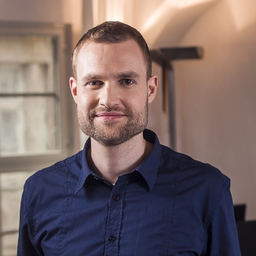 Afterwards, Marvin Frommhold will practice the presentation of his paper “Towards Versioning for Arbitrary RDF Data” (Marvin Frommhold, Rubén Navarro Piris, Natanael Arndt, Sebastian Tramp, Niklas Petersen, and Michael Martin) [PDF] which is accepted at the main conference of the Semantics 2016 in Leipzig.
Afterwards, Marvin Frommhold will practice the presentation of his paper “Towards Versioning for Arbitrary RDF Data” (Marvin Frommhold, Rubén Navarro Piris, Natanael Arndt, Sebastian Tramp, Niklas Petersen, and Michael Martin) [PDF] which is accepted at the main conference of the Semantics 2016 in Leipzig.
Abstract: Coherent and consistent tracking of provenance data and in particular update history information is a crucial building block for any serious information system architecture. Version Control Systems can be a part of such an architecture enabling users to query and manipulate versioning information as well as content revisions. In this paper, we introduce an RDF versioning approach as a foundation for a full featured RDF Version Control System. We argue that such a system needs support for all concepts of the RDF specification including support for RDF datasets and blank nodes. Furthermore, we placed special emphasis on the protection against unperceived history manipulation by hashing the resulting patches. In addition to the conceptual analysis and an RDF vocabulary for representing versioning information, we present a mature implementation which captures versioning information for changes to arbitrary RDF datasets.
About the AKSW Colloquium
This event is part of a series of events about Semantic Web technology. Please see http://wiki.aksw.org/Colloquium for further information about previous and future events. As always, Bachelor and Master students are able to get points for attendance and there is complimentary coffee and cake after the session.
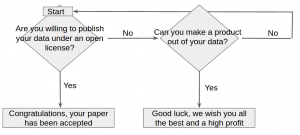
 The 12th
The 12th The TKE 2016 conference will take place in Copenhagen, Denmark, between 22-24 June, 2016. Further information about the program and speakers confirmed so far can be found at the
The TKE 2016 conference will take place in Copenhagen, Denmark, between 22-24 June, 2016. Further information about the program and speakers confirmed so far can be found at the 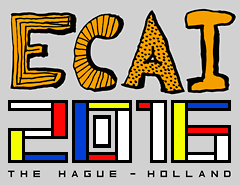
 SPARQL query processing with Apache Spark” by H. Naacke et.al. that has been submitted to ISWC2016. Abstract
SPARQL query processing with Apache Spark” by H. Naacke et.al. that has been submitted to ISWC2016. Abstract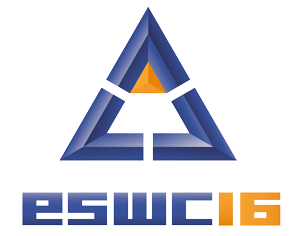
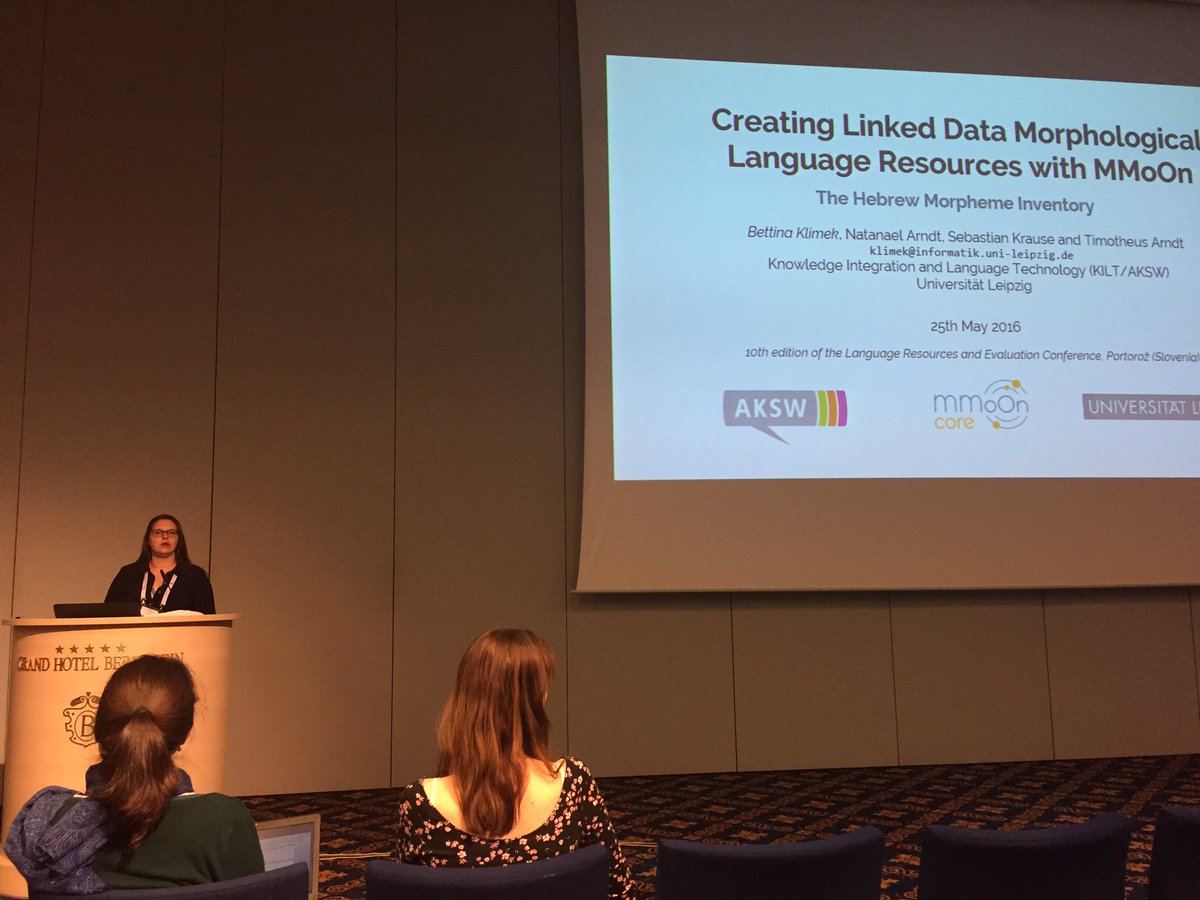
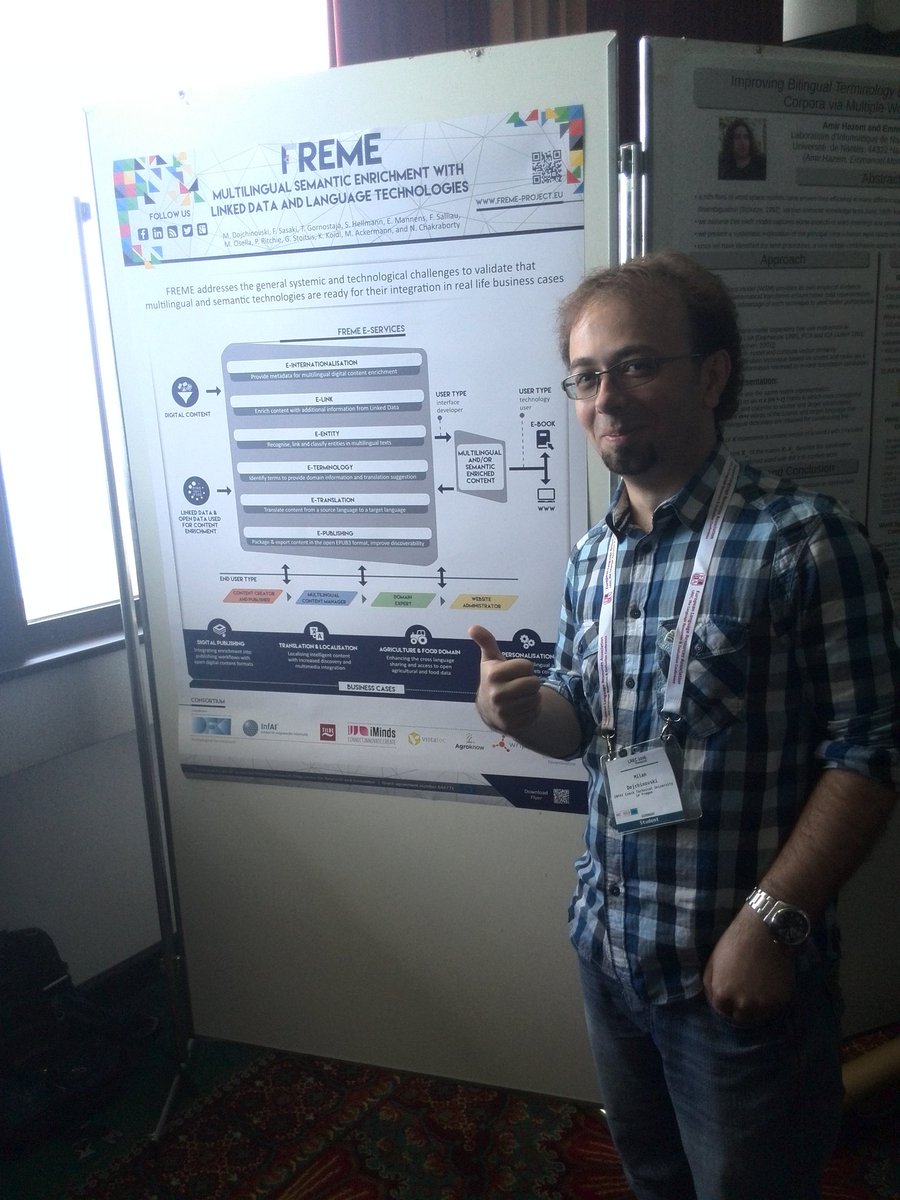
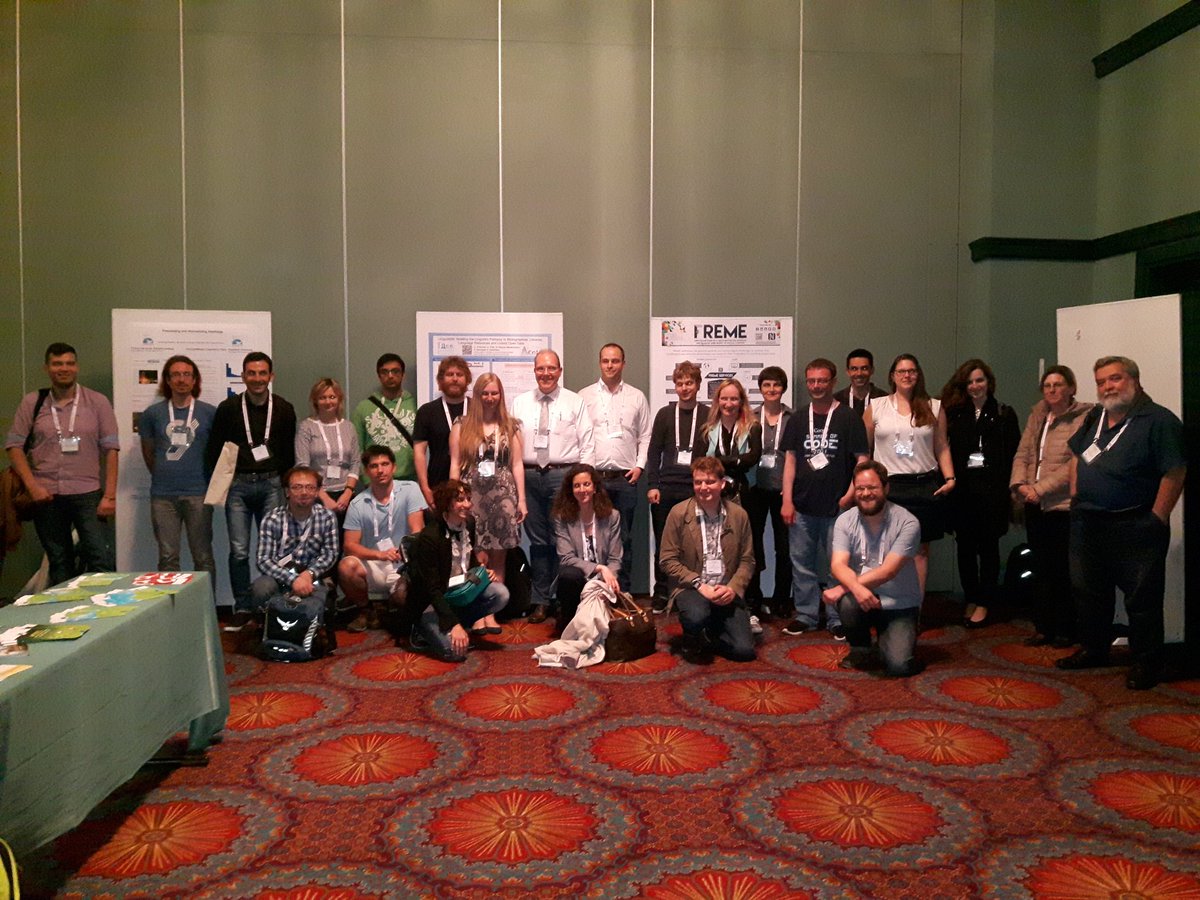


 In the incoming colloquium,
In the incoming colloquium,  After that,
After that, 